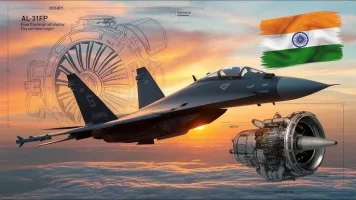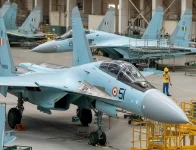- Views: 2K
- Replies: 19

The deployment of tactical nuclear weapons (TNWs) by Pakistan has added a new and dangerous element to the volatile India-Pakistan relationship.
The combination of these battlefield nuclear weapons with Pakistan's vaguely defined "red lines" — such as economic or domestic destabilization — creates a worrying scenario where Pakistan might initiate low-level conventional attacks against India, hoping to deter a full-scale Indian response through the threat of nuclear escalation.
This strategy is particularly concerning because TNWs, by their very nature, lower the threshold for nuclear use. Pakistan's ambiguous "red lines" could provide them with a pretext for launching limited attacks, gambling on a measured Indian response.
However, this is a dangerous gamble. Any use of nuclear weapons, even tactical ones, could trigger a massive Indian retaliation, potentially escalating the conflict to a full-blown nuclear exchange. The stakes are incredibly high, and the potential consequences catastrophic.
Pakistan's motivation for developing TNWs seems to be rooted in its desire to offset its conventional military inferiority vis-à-vis India. The theory is that the threat of nuclear escalation, even at the tactical level, could deter India from responding forcefully to a conventional attack.
However, the actual use of TNWs would be a reckless gamble, with potentially uncontrollable consequences. It's unclear whether Pakistan's political leadership would be willing to take such a risk, but the mere existence of this capability creates a dangerous instability in the region.
While Pakistan's TNW program might serve as a deterrent by signaling its willingness to escalate, the actual use of these weapons would be a dangerous gamble.
The long-term stability of South Asia depends on both India and Pakistan managing the risks associated with this new reality and avoiding any actions that could trigger a catastrophic escalation.
The introduction of TNWs has raised the stakes in the India-Pakistan conflict to terrifying levels, and any miscalculation could lead to a war of annihilation.


